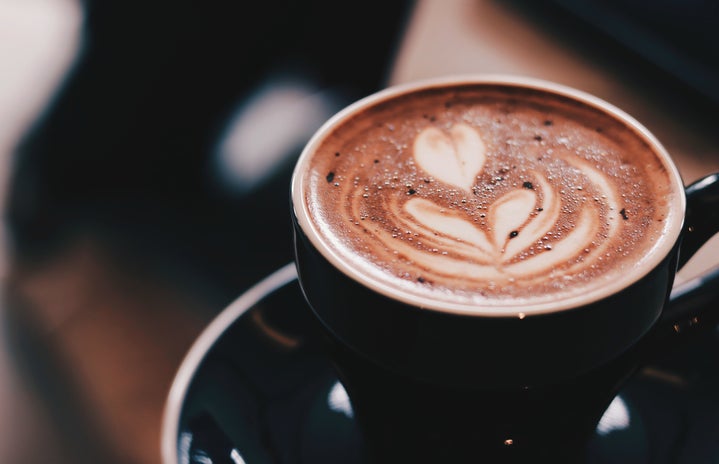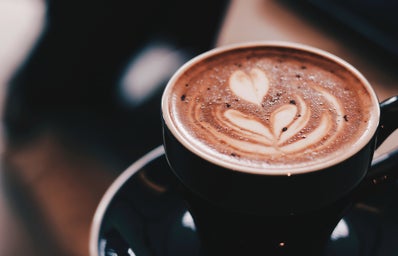Hello to all my latte lovers! How are you this morning? Burnt out? Run down? Generally just not that good? It might be, of all things, your coffee.
As someone that grew up with a coffee loving momma, I’m used to waking up to that crisp coffee smell every single morning. It’s become a feeling of comfort to me, an indicator that the day has begun and I can tackle it all after a mug of my favorite drink.
After all those years of half-full coffee pots and french presses, it’s become natural for me to ensure I save enough time in the morning to brew a fresh pot. It’s a caffeinated good vibe, and an easy task to start my day with. Still, one thing I was confused about was why I still felt so tired throughout the day after that medium roast with almond milk (or, lately, sweet cream.) I started experimenting with drinking coffee at different times. Surprisingly, I actually began to feel a lot more alert by skipping my morning coffee. The logic to me did not make sense.
Well, according to dietitians like Laura Cipullo, having your coffee right after waking up works against your biology. When you wake up, your body produces elevated amounts of cortisol, a stress hormone that helps you start your day. If you add caffeine to the mix, which increases those levels of cortisol, you receive an extra influx of unnecessary energy. This leads to some potential morning jitteriness or anxiety, as well as early sleepiness when both the caffeine and the cortisol wear off.
If you’re one of the millions of people that drink coffee first thing in the morning, you could be interrupting your natural energy cycle. Adding an unnecessary caffeine boost too early in the day is just not the move for us sleepy teens and twenties moving between class, work, and Five Points.
If you feel like you could be the victim of cortisol over-saturation, never fear, you don’t have to skip the cup all together (and how could you want to!) Simply have your cup of joe later in the day when your natural levels of cortisol are lower, which is usually about three to four hours after waking up according to Healthline.com. Making that transition to a mid-morning coffee helped me to keep my cup of nostalgia and feel more alert. If you need your caffeine in the morning, however, don’t immediately stop consuming it. Be gentle with your body in its transition.
In conclusion, don’t rush your body’s energy cycle. Let yourself wake up naturally, and maybe get that coffee after your first early morning class, or that drive to the airport for fall break. Much love from a fellow coffee lover!


